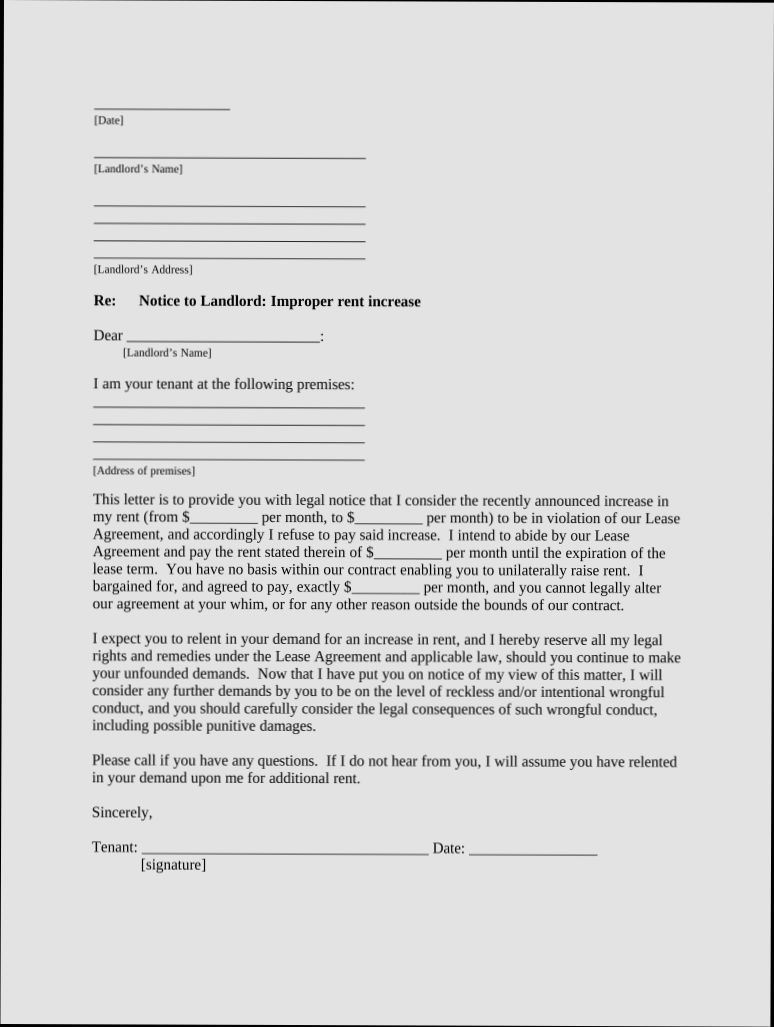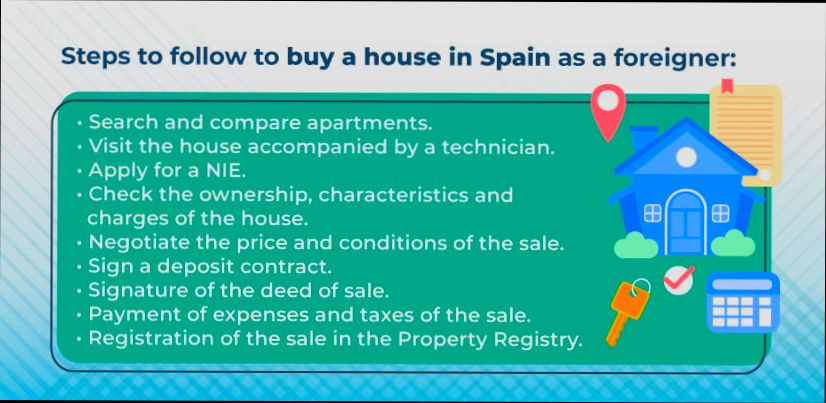- Key Regulations Governing Rent Increases
- Common Reasons for Rent Increases
- Statistics on Rent Trends in Spain
- Limits on Rent Increases During Tenancy
- Notification Requirements for Rent Increases
- Exceptions to Standard Rent Increase Rules
- Comparison of Rent Increase Practices Across Regions
- Impacts of Inflation on Rent Adjustments
- Possible Legal Recourse for Tenants
- Resources for Tenants Facing Rent Increases
Can a landlord increase rent during a contract in Spain? This question pops up quite a bit, especially for folks who find themselves navigating the Spanish rental market. In Spain, rental agreements often come with a specific duration, usually lasting for five years or three years for seasonal rentals. During this time, tenants generally want to know whether their rent could suddenly shoot up, catching them off guard.
Under Spain’s rental laws, rent increases aren’t as spontaneous as you might think. The landlord can only adjust the rent in line with the stipulations laid out in the rental contract or according to the annual rent index (IPC). For instance, if the contract states that rent can be reviewed annually based on this index, then yeah, there’s a possibility it could go up, but it must follow those guidelines. Remember, if something isn’t specified in the contract, the landlord can’t just decide one day that your cozy apartment should cost more. So, it’s always smart to read those rental documents carefully!
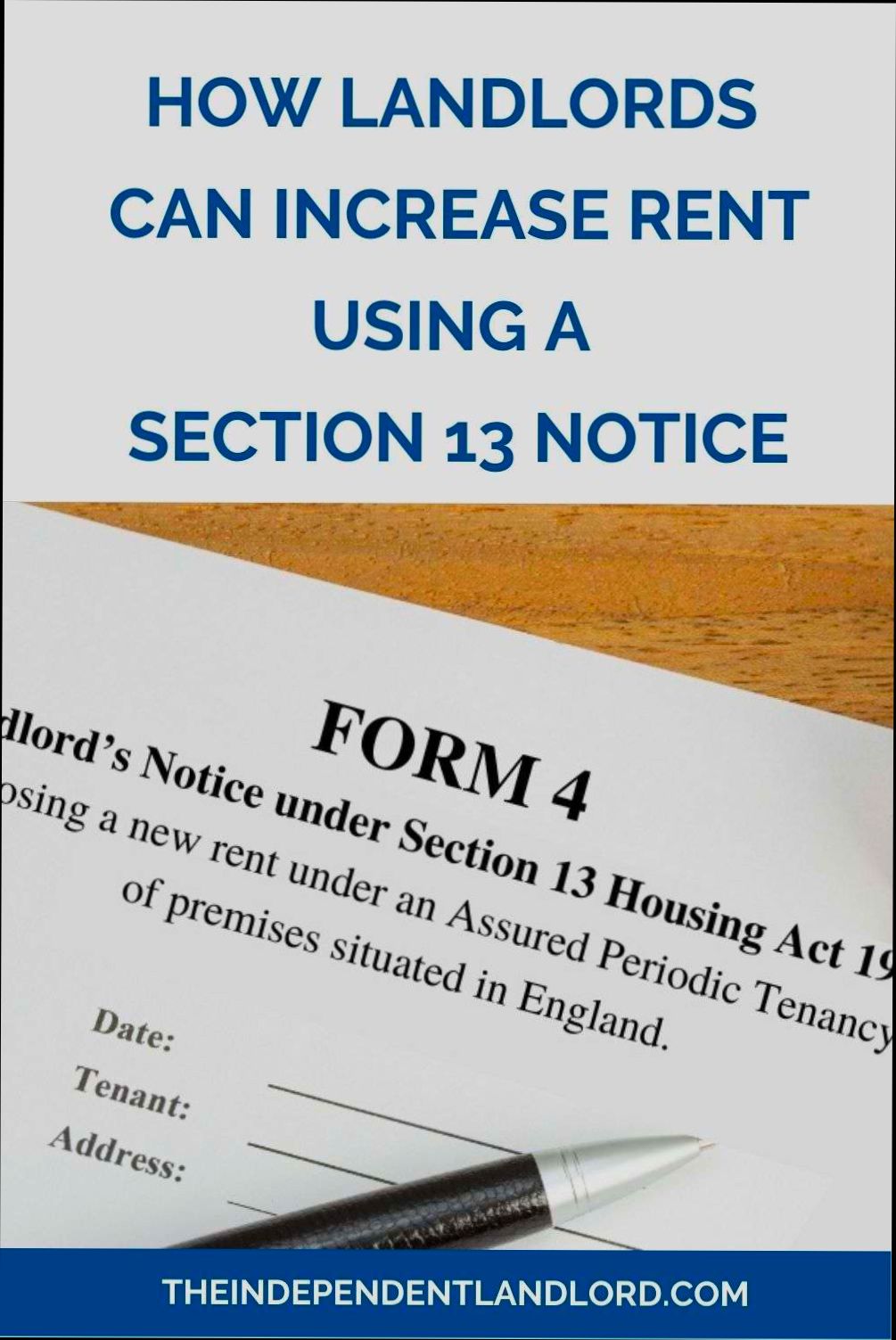
Understanding Rent Control Laws in Spain
Alright, let’s dive into the nitty-gritty of rent control laws in Spain. If you’re a tenant or a landlord, it’s crucial to understand what’s allowed when it comes to increasing rent during a contract.
Rent Increase Regulations
Spanish rental law is quite specific. Generally, landlords can’t just hike up the rent whenever they feel like it. There are strict regulations in place, especially under the Urban Lease Act (LAU).
Contract Duration: If you have a contract longer than 5 years (or 7 years for corporations), the rent can only be adjusted once a year.
Inflation Index: Most rent increases are tied to the Consumer Price Index (CPI). In 2022, for instance, the CPI in Spain surged by over 8%. So, your rent could go up by that percentage, but not more.
When Can Rent be Increased?
Here’s the skinny on when rent increases are allowed:
| Scenario | Allowed Increase? |
|---|---|
Annual Increase (as per CPI) | Yes |
Property upgrades done by landlord | Yes, but must be agreed by tenant |
Ending contract and starting a new one | Yes, new terms apply |
Examples in Real Life
Let’s say you’re renting a cozy apartment in Valencia and your landlord wants to raise the rent. If your lease states the rent is tied to the CPC, and the CPI increased by 4% last year, then your landlord can increase your rent by that same amount—but not a penny more. So, if you’re paying €800 a month, your new rent would be €832.
On the flip side, if the landlord has just renovated the kitchen, you might both agree to a small increase as part of your new rental contract. In this case, negotiations play a key role before putting pen to paper!
Resources for More Info
If you are unsure about your rights or need guidance, checking out platforms like Residoora can help you out. They offer valuable insights for both tenants and landlords, making these legal waters a bit easier to navigate.
In a nutshell, while rent increases during a contract in Spain are regulated, there’s a clear path to understanding what’s fair and what’s not. Stay informed, and you’ll be just fine!
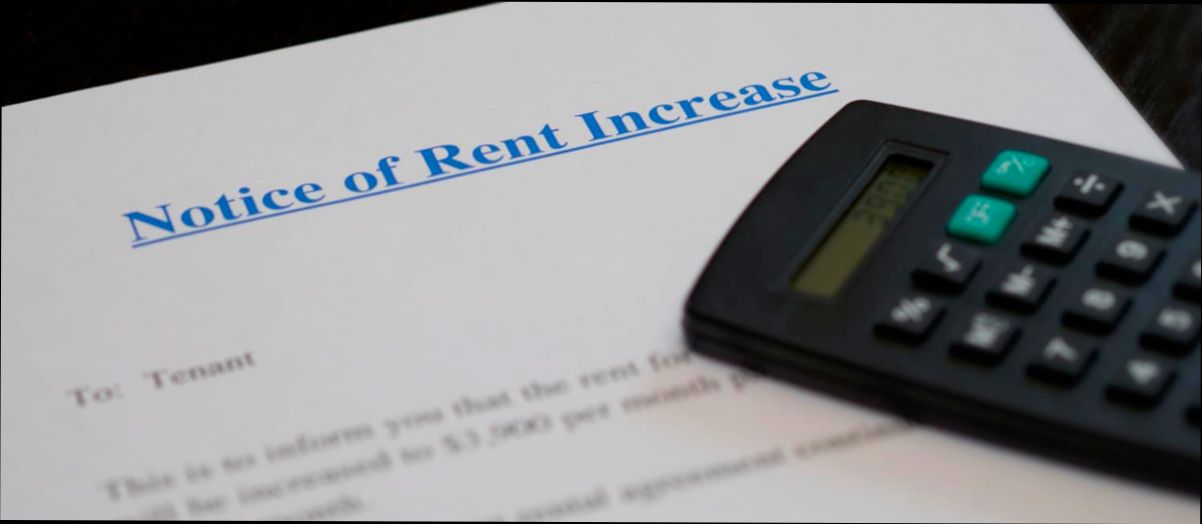
Key Regulations Governing Rent Increases
So, you’re curious about how landlords can play with the rent during your lease in Spain, right? Well, let’s break down the key regulations that keep things in check.
1. The Lease Agreement
First off, your lease agreement plays a crucial role. Typically, Spanish law allows rent increases under specific conditions if it’s mentioned in the contract. Most leases include a clause that references the IPC (Índice de Precios de Consumo), which is the Consumer Price Index. This means the rent can go up based on inflation rates.
2. Legal Limits
According to the Law on Urban Leases (LAU), landlords can only raise rent annually, and usually, it’s capped at the IPC percentage. For example, if the IPC is 3%, your rent can only go up by about 3%. No surprise hikes here!
3. Notice Period
Landlords must give you at least 30 days’ notice before implementing any rent increase. So, if your landlord comes knocking on your door one day, demanding more dough with zero warning, that’s a no-go!
4. Rent-Free Periods
In some cases, properties may offer a rent-free period at the beginning to attract tenants. If you’re in a contract that mentions a rent-free period of, say, 3 months, the overall rent might increase slightly after that to balance it out. But again, it needs to be clearly stated in your contract.
5. Local Regulations
Depending on where you are in Spain, local regulations might also kick in. Cities like Barcelona and Madrid have specific laws aimed at controlling rent increases. For example, in some parts of Barcelona, rent cannot exceed a certain percentage above the previous year’s amount.
Quick Reference Table of Rent Increase Types
| Type of Rent Increase | Details |
|---|---|
Annual IPC-based | Limited to the IPC percentage. |
Mid-Contract Changes | Only if explicitly stated in the lease. |
Local Variances | Specific caps may exist in big cities. |
Lastly, AI platforms like Residoora can help investors understand market trends and make informed choices. If you’re a tenant, keeping an eye on these trends might give you leverage in negotiations!
In a nutshell, while rents can go up, there are regulations designed to protect you from outrageous hikes. Always read your lease and stay informed—you deserve it!
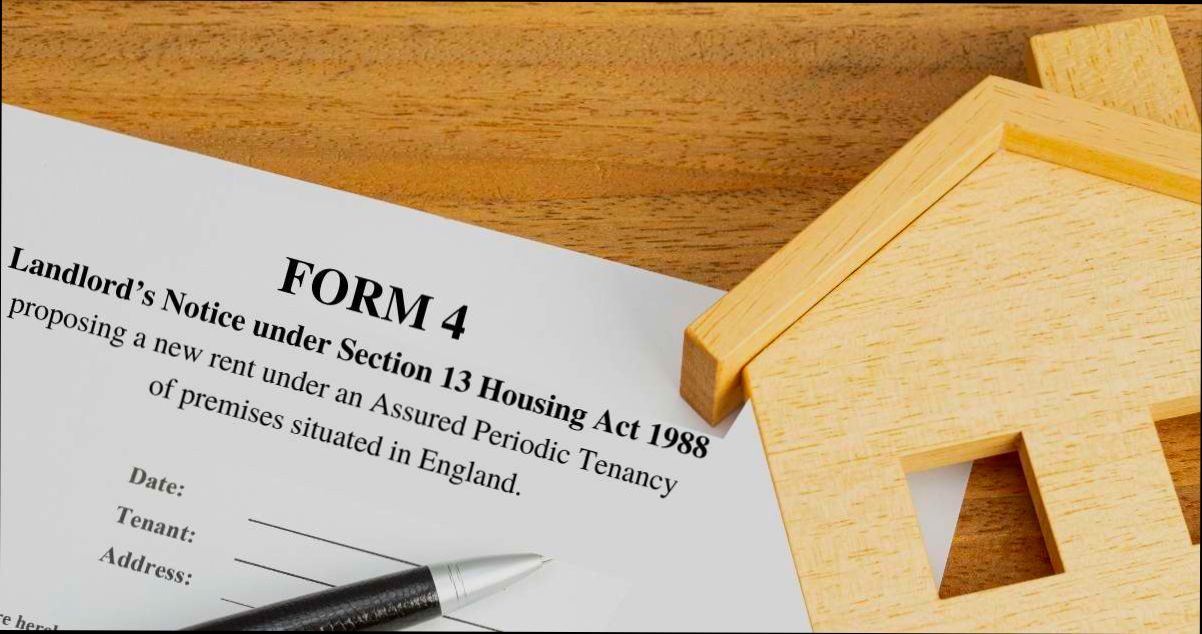
Common Reasons for Rent Increases
Alright, so let’s dive into some common reasons landlords might hike up your rent while you’re still under a contract in Spain. It’s not just them trying to cash in; there are actual factors at play!
| Reason | Details |
|---|---|
Inflation | If the cost of living rises, landlords might adjust rent to keep up. In Spain, inflation was around 2.9% in 2022, which can prompt a rent increase. |
Property Improvements | Made some upgrades? Landlords often increase rent after renovations, like a shiny new kitchen or a fresh coat of paint. |
Market Trends | If rental prices in your area skyrocket, your landlord might want a piece of that pie too. In some Spanish cities, rents have gone up by 10-15%! |
Maintenance Costs | If the bills for property maintenance increase, landlords may pass some of those costs onto tenants. |
Think about it! If your landlord also uses platforms like Residoora, they get insights into market trends and pricing. If they see properties nearby are renting for much more than what you’re paying, you might be in for a shock.
But hey, don’t sweat it just yet! Always check your rental contract because it often outlines how and when rent can be adjusted. Stay informed and you’ll be in a good spot to negotiate or get prepared!
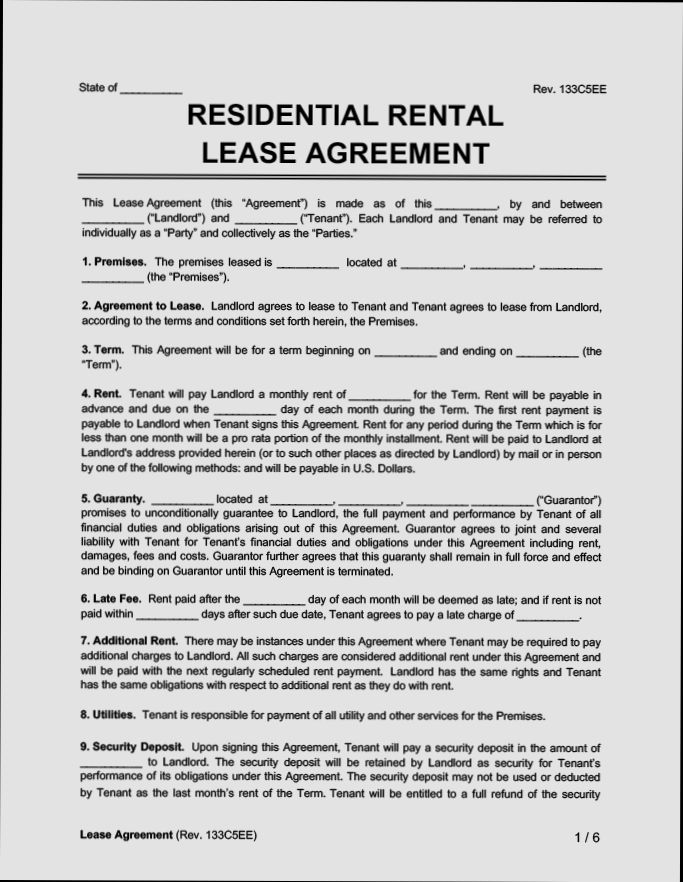
Statistics on Rent Trends in Spain
So, let’s dive right into the rent trends in Spain! The rental market has been a hot topic lately, and for a good reason. In 2023, the average rent in Spain has seen an increase of around 7% compared to the previous year. Yep, you read that right, 7%! Here’s a quick breakdown of the rental price hikes in some major cities:
| City | Average Monthly Rent (2023) | Year-on-Year Change |
|---|---|---|
Barcelona | €1,250 | 8% |
Madrid | €1,400 | 6.5% |
Valencia | €900 | 5% |
Sevilla | €850 | 7.5% |
As you can see, cities like Barcelona and Madrid are experiencing some significant increases, which can definitely impact your budget if you’re renting! Now, when it comes to rent increases, it’s crucial to keep in mind that landlords can typically raise the rent according to what’s stated in the lease agreement and relevant laws. But here’s where it gets interesting! Many landlords are now leveraging platforms like Residoora, which utilize AI to analyze data and optimize rental prices based on current market trends.
This means, if you’re an investor or a landlord, using AI tools can help you stay competitive while remaining compliant with local regulations. However, if you’re a tenant, knowing these trends can help you anticipate changes and maybe even negotiate better terms!
Remember, if you’re in a long-term contract, the ability for your landlord to bump up the rent can be limited. But if your contract allows for annual adjustments based on the consumer price index (CPI), that’s a different story - expect an increase that more closely reflects inflation rates.
In 2023, the inflation rate in Spain has hovered around 3%, giving landlords a typically justifiable reason to increase rent, but it’s always good to check what’s allowed in your specific situation!
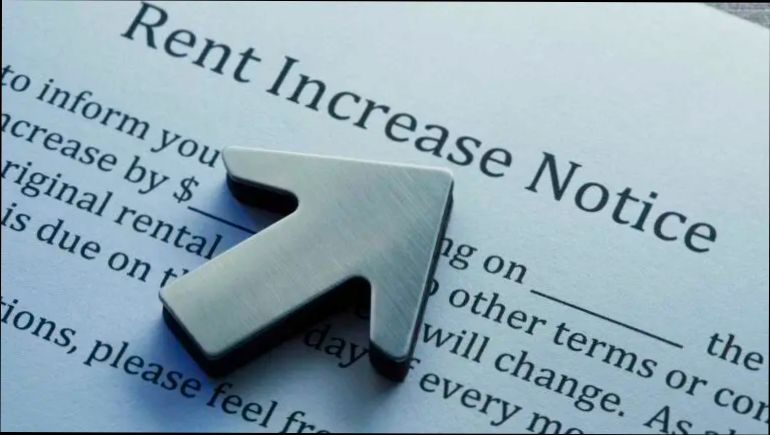
Limits on Rent Increases During Tenancy
So, can your landlord just bump up your rent whenever they feel like it? Not quite! In Spain, there are some clear rules about how much your rent can go up during your lease.
Baseline Rules
Under Spain’s Leasing Act, landlords can only raise the rent according to specific guidelines. For most rental contracts, this is tied to the Consumer Price Index (CPI). For example:
| Year | CPI Change | Allowed Rent Increase |
|---|---|---|
2022 | 5.5% | Up to 5.5% |
2023 | 3.0% | Up to 3.0% |
This means if your landlord decides to increase your rent, it can only be proportional to this CPI change. If the CPI goes up by 3%, then your rent can increase by 3%, no more!
Contract Length Matters
Now, here’s where it gets a little tricky. If your lease is for a longer term, say 5 years or more, the rent can only be revised once a year and must follow that CPI guideline. However, for shorter contracts, as in, less than a year, you might have more flexibility - but it all boils down to what you agreed on in your contract!
What if the Contract Says Otherwise?
If your rental contract clearly states a different rule for rent increases, that can come into play. Always read the fine print! And if your landlord tries to raise your rent beyond what’s allowed, you can fight back. There are legal routes you can take.
Key Takeaways
Rent increases are linked to the CPI.
Long-term contracts limit rent increases to once a year.
Always read and understand your rental contract!
To help navigate these rules, platforms like Residoora can provide you with valuable insights into current market trends and rental regulations. They’re great for both tenants and landlords looking to stay informed!
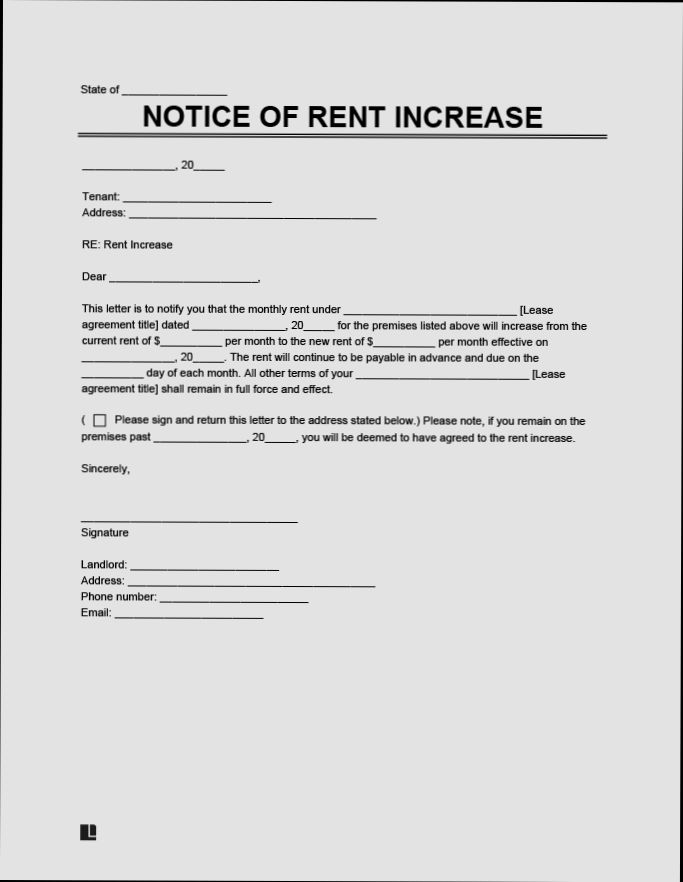
Notification Requirements for Rent Increases
Alright, so you might be wondering what happens when your landlord decides to bump up the rent while you’re still under contract in Spain. Let’s break it down, focusing on what the law says about notifying you about these increases.
1. Legal Framework
In Spain, the new rental law (La Ley de Arrendamientos Urbanos) makes it clear: landlords need to give tenants notice before any rent increase takes place. Generally, they have to notify you at least 30 days in advance. If they don’t, well, it’s like throwing a basketball without looking—definitely not cool.
2. How Much Notice Is Needed?
| Situation | Notice Period |
|---|---|
Rent Increase during a Contract | 30 Days |
End of Fixed-Term Contract | 1 Month (if applicable) |
Basically, if your landlord plans to raise the rent, they need to remember that they can’t just spring it on you. They need to be upfront and give you time to get used to the idea—30 days is the golden rule!
3. Examples of Rent Increases
Let’s say your rent is currently €800 a month, and your landlord wants to increase it by 5%. They’d send you a notice:
New rent amount: €840
Notice sent: 30 days before the change
Another example: If your lease states that the rent can only increase by the annual IPC (Consumer Price Index) fluctuation, then your landlord has to stick to that. So this year, if the IPC was up by 2%, you’d only see your rent go up to €816. Don’t forget to check those stats!
4. What if They Don’t Follow the Rules?
If you get hit with a surprise rent hike without the proper notice, you can contest it! First, have a friendly chat with your landlord to remind them of the rules. If that doesn’t work, you can consult organizations like Residoora, which specializes in real estate matters, or even file a complaint. There’s power in knowing your rights.
Remember, the key here is communication. Keep the lines open with your landlord; it usually leads to smoother sailing!
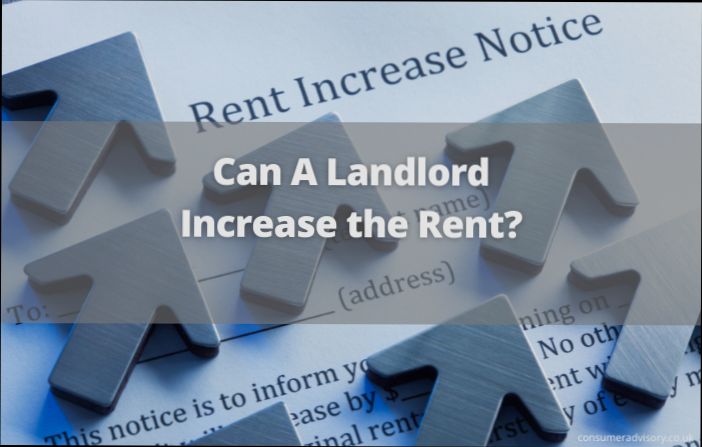
Exceptions to Standard Rent Increase Rules
Okay, so you’ve got the basics of rent increases down, but hold on! There are a few exceptions you should be aware of. 🤔
1. Contracts with Special Clauses
Some rental contracts might have special clauses that allow for rent adjustments outside the usual limits. For example, if the contract states that the rent can be increased based on inflation rates, your landlord has the right to raise it accordingly. 🏷️
2. Long-Term Contracts
If you’re locked into a long-term rental contract (typically over five years), your landlord may have the legal option to increase rent after the initial term, even if it’s just a percentage above what’s usually allowed. Be sure to read the fine print! 📄
3. Major Renovations
Ever had that awful moment when your landlord suddenly starts upgrading the building? If they make significant improvements—like renovating the entire kitchen or bathroom—you might find that rent increase slipping past you. According to Spanish rental laws, landlords can up the rent by a certain percentage based on how much they’ve invested! 💸
4. Market Rate Adjustments
In a booming market, your rent might be adjusted to match current rates, even in the middle of your contract. If similar properties in your area are going for more, landlords can justify raises. It might feel a bit unfair, but it’s perfectly legal. 📈
5. Temporary Exceptions
During specific circumstances (like natural disasters), landlords may be allowed to adjust rent based on external factors. For instance, if a flood caused major damage, a landlord might be able to raise the rent once repairs are made to cover costs. 🌊
Quick Recap Table
| Exception Type | Description |
|---|---|
Special Clauses | Contracts specifying rent increases based on inflation. |
Long-Term Contracts | Potential rent hikes after the initial term ends. |
Major Renovations | Rent can increase based on the landlord’s improvement investments. |
Market Rate Adjustments | Increases to match current market values in the area. |
Temporary Exceptions | Adjustments related to natural disasters or similar events. |
Helpful Tools
If you’re navigating this tricky territory, platforms like Residoora can help you analyze local market trends and ensure you know what to expect. Whether you’re renting or investing, having the right info is key! 🔑
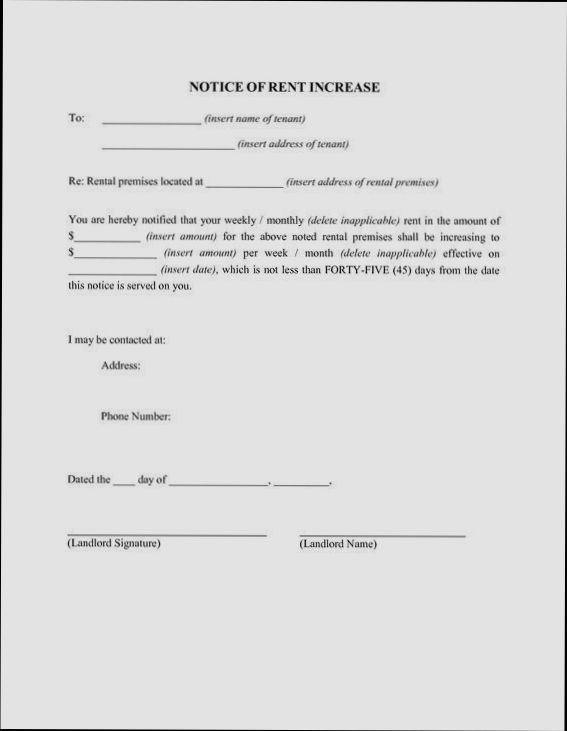
Comparison of Rent Increase Practices Across Regions
Let’s dive right into how rent increase practices vary across different regions in Spain. It’s essential to know that not all provinces operate under the same rules. Each region has its own quirks, impacting both landlords and tenants.
| Region | Typical Rent Increase Rate | Common Practices |
|---|---|---|
Madrid | Up to 2% | Annual increase tied to CPI (Consumer Price Index) |
Catalonia | 1.5% - 2.5% | Mandatory indexation, notice period of one month |
Andalusia | Up to 3% | More leeway for landlords, especially in the tourist area |
In Madrid, for example, landlords can adjust rent based on the CPI. If inflation is running high, it might be a good year for those property owners, as they can legally increase rents up to 2%. Meanwhile, in Catalonia, it’s a bit tighter with a mandatory indexation and a notice period of one month to keep things on the up and up!
Now, if we head down to Andalusia, property owners have more flexibility, especially in tourist-heavy areas where demand can drive prices up—think about those beachfront properties during summer! According to the Instituto Nacional de Estadística, rents in some coastal towns can jump by more than 3% due to high demand.
Platforms like Residoora utilize AI to track market trends and help investors make informed decisions about rent increases. So if you’re a landlord, it might be worth checking out how these tools can give you an edge in understanding the pulse of your local market.
Keep in mind that while these practices lay out the general landscape, specific agreements can vary. Always double-check your contract and local regulations - knowledge is power!

Impacts of Inflation on Rent Adjustments
So, you’re probably wondering how inflation messes with rent prices in Spain, right? Well, rent adjustments during a contract aren’t just simple math anymore; they’re influenced by that sneaky little thing called inflation.
In Spain, if you have a contract that doesn’t explicitly allow for rent hikes, the landlord can’t just raise your rent on a whim. However, when the economy’s inflation goes up, landlords often claim that higher costs justify raising your rent—even if you’re still under contract.
How Does Inflation Affect Rent?
Here’s a quick rundown:
| Year | Inflation Rate (%) | Average Rent Increase (%) |
|---|---|---|
2020 | 0.5 | 1.3 |
2021 | 3.1 | 2.5 |
2022 | 6.5 | 5.5 |
2023 | 5.8 | 4.8 |
As you can see, when inflation numbers spike (like in 2022), landlords might be more inclined to bump up rents. For instance, if inflation is at 6.5%, they might raise rent by a hefty 5.5% just to keep up with the rising costs of everything from groceries to services. Ouch!
Is There Any Protection?
The good news is that Spain has regulations in place. The Spanish Urban Leasing Law (LAU) typically allows for rent increases tied to the Consumer Price Index (CPI). If you signed a contract that includes an annual adjustment clause linked to inflation, your rent can only rise based on that formula. Just remember—it’s not a free-for-all!
Now, if you’re dealing with inflation and you’re unsure about how this affects your rent, platforms like Residoora can help you navigate these tricky waters. They provide real-time data on market conditions that could help you discuss adjustments with your landlord backed up by facts.
Final Thoughts
In a nutshell, if you’re in Spain and your landlord starts talking about rent increases during a contract, make sure they’ve got the right justification. Remember that inflation can play a big role in these conversations, but as a tenant, knowing your rights gives you a solid footing. Keep an eye on those inflation rates, and you might just hold onto your hard-earned cash a little longer!
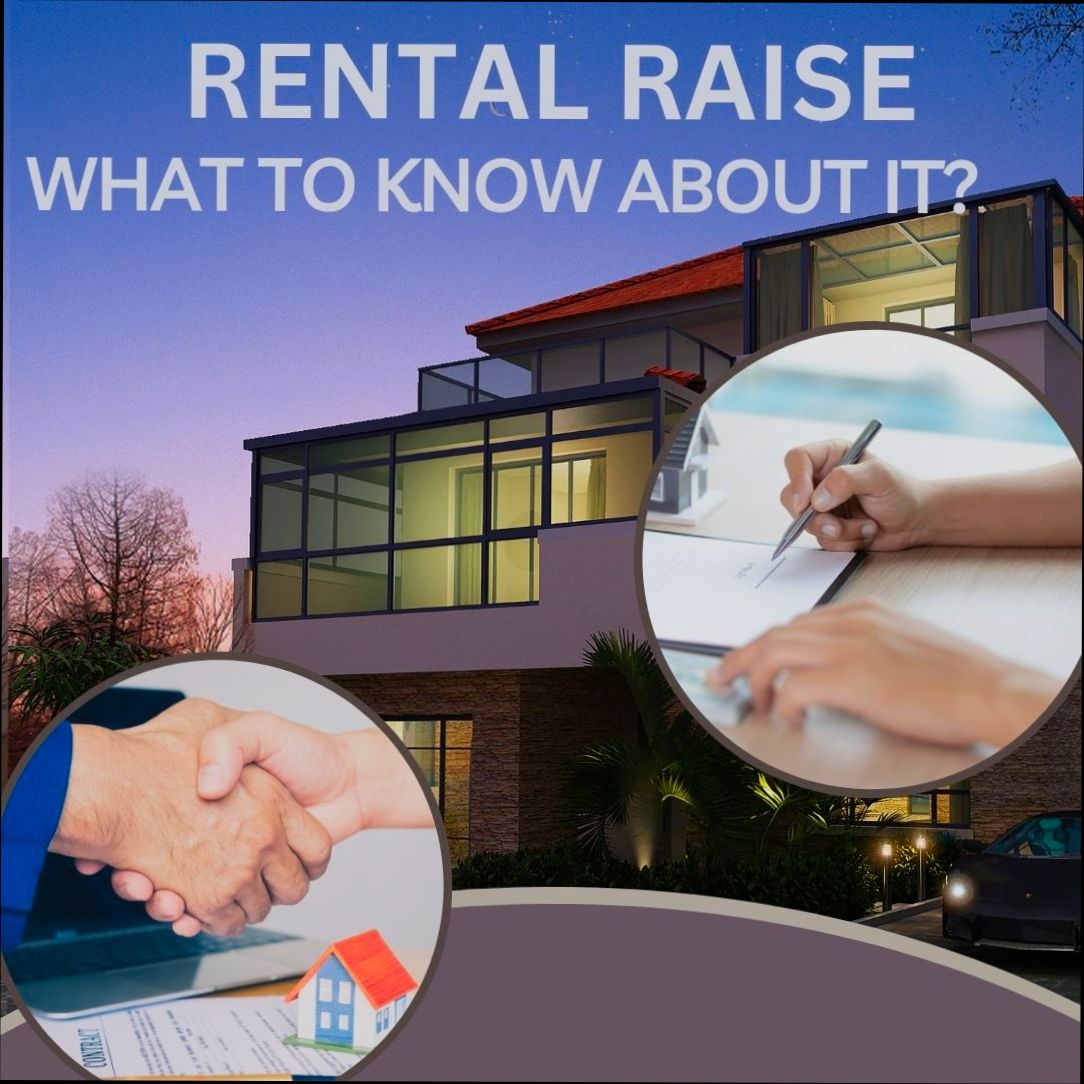
Possible Legal Recourse for Tenants
If you find yourself in a situation where your landlord is trying to boost your rent during your contract in Spain, don’t freak out just yet! There are some legal paths you can take. Here’s a breakdown of your options:
| Action | Description |
|---|---|
Review Your Contract | Check your lease agreement. Most contracts specify the conditions under which rent can be increased. |
Seek Legal Advice | Contact a lawyer specializing in tenant rights to understand your position. In Spain, many local organizations offer free legal advice. |
Contact a Consumer Protection Agency | Agencies can mediate disputes and inform you of your rights. They will also guide you through the legal processes involved. |
File a Claim | If the landlord is acting against the contract terms, you might need to take this to the courts. A small claims court could be your best bet for quicker resolutions. |
Remember, Spanish law usually prohibits unauthorized rent increases during a contract term unless specified in your agreement. Additionally, the “Ley de Arrendamientos Urbanos” allows for specific rent increase rules. For example, rent can typically only be adjusted once a year based on the Consumer Price Index (CPI).
Example Scenario
Let’s say you’re renting a lovely two-bedroom apartment in Madrid for €1,000 a month. Halfway through your contract, your landlord tells you they’re raising the rent to €1,200. If this increase isn’t supported by the terms in your lease or doesn’t align with CPI adjustments, you can challenge this in court!
In a survey, around 25% of tenants reported facing unauthorized rent increases in the past year. A platform like Residoora can help you track your rights and keep an eye on market trends, giving you data to back up your claims!
Stay informed and don’t hesitate to take action! You’ve got rights, and knowing them can make all the difference.
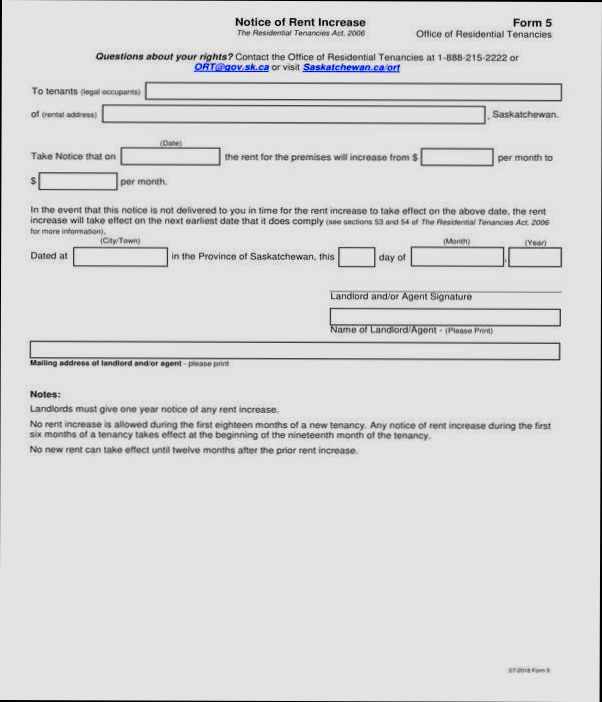
Resources for Tenants Facing Rent Increases
If you’re living in Spain and facing a rent increase, don’t panic! There are resources you can tap into that might help you manage this situation better.
Know Your Rights
First things first, knowledge is power. In Spain, the law typically allows for a rent increase only under specific conditions, especially if you have a long-term rental contract. For 2023, the index for rent increases was capped at 2% due to new regulations, although this can depend on your specific lease agreement.
Helpful Websites
Here are some websites where you can find some useful info:
Inmobiliaria - Great for rental contracts and tenant rights.
Asociación de Usuarios de la Comunicación - Offers guidance on consumer rights, including tenants.
Residoora - This platform can help you understand market trends to negotiate better rent terms!
Community Support
Local tenant associations are also a great resource. They can inform you about your rights, mediation processes, and can even help you with legal support!
Talk to Your Landlord
Have a casual chat with your landlord. Sometimes, they’re open to negotiation, especially if you’re a good tenant who pays on time. Maybe they’ll consider a smaller increase or allow you to sign a longer lease to stabilize the rent.
Understand How to Contest the Increase
If you think an increase is unjust, you can contest it. Gather your documentation, such as your rental agreement and any communication with the landlord. A handy tool is the website Residoora, which can help you simulate different negotiation scenarios!
When to Seek Legal Advice
If things get heated and you feel your rights are being violated, it might be wise to consult a lawyer. Look for legal services that specialize in tenant rights in Spain.
Quick Stats
| Year | Average Rent Increase | Maximum Legal Increase |
|---|---|---|
2021 | 6% | 2% |
2022 | 7% | 10% |
2023 | 1.5% | 2% |
Final Thoughts
Remember, staying informed and knowing your rights can make all the difference. Don’t hesitate to leverage these resources if you’re hit with a rent increase!
